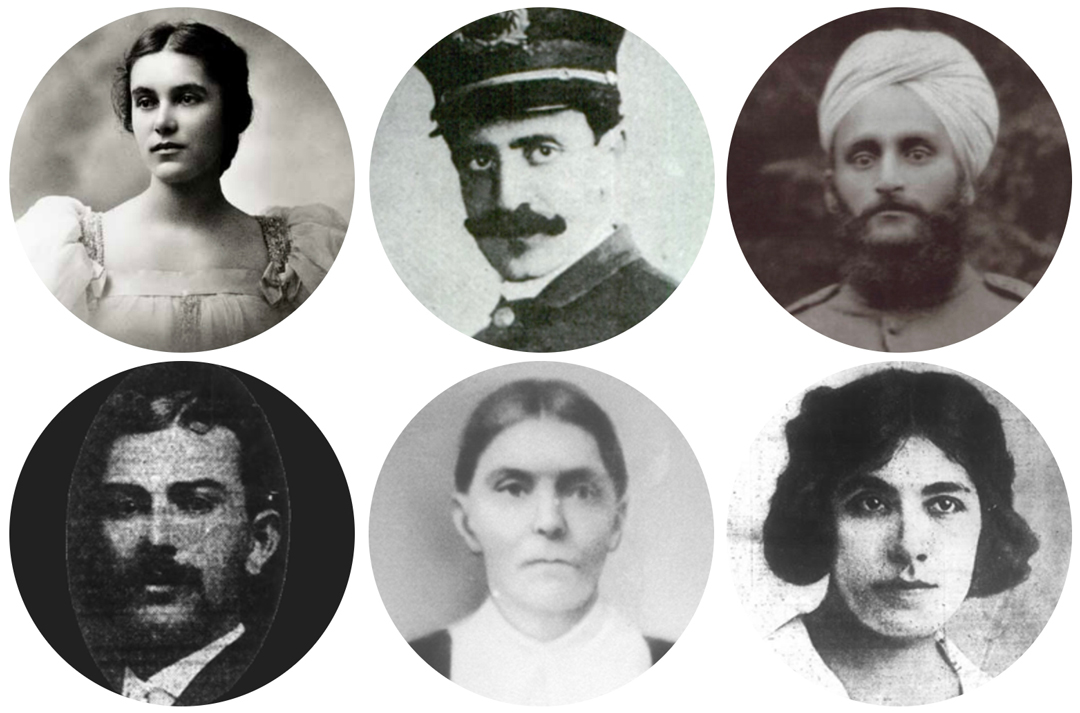‘My mum always told me I was white, like her. Now I know the truth’Posted in Articles, Autobiography, Europe, Family/Parenting, Identity Development/Psychology, Media Archive, United Kingdom on 2017-03-19 01:10Z by Steven |
‘My mum always told me I was white, like her. Now I know the truth’
The Guardian
2017-03-18
 Georgina Lawton: ‘Even though I would look in the mirror and see a brown, dark-eyed girl, I couldn’t identify as black.’ |
As a child in a white Anglo-Irish family, Georgina Lawton’s curiosity about her dark skin colour was constantly brushed aside. Only when her father died did the truth surface
You might not think it to look at me, but my upbringing was a very Anglo-Irish affair. I grew up on the outskirts of London with my blue-eyed younger brother, British father and Irish mother. Many happy weeks of the school holidays were spent in Ireland and I was educated at a Catholic school in Surrey. We ate roast beef and yorkshire puddings on Sundays, and Thin Lizzy, Van Morrison and the Clash formed the soundtrack to our lazy weekends.
The only peculiar aspect to all this was the defining aspect of my identity. Because, although I look mixed-race, or black, my whole family is white. And until the man I called Dad died two years ago, I did not know the truth about my existence. Now, age 24, I’m starting to uncover where I come from…
Read the entire article here.







